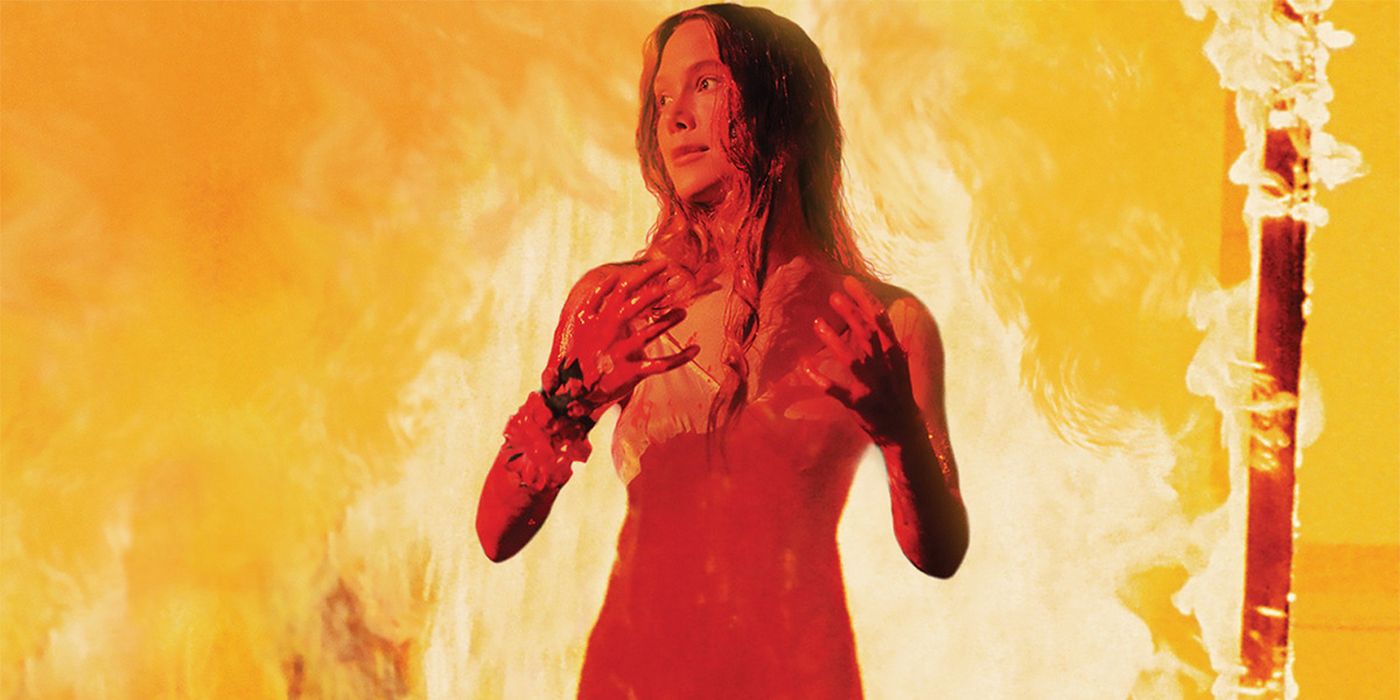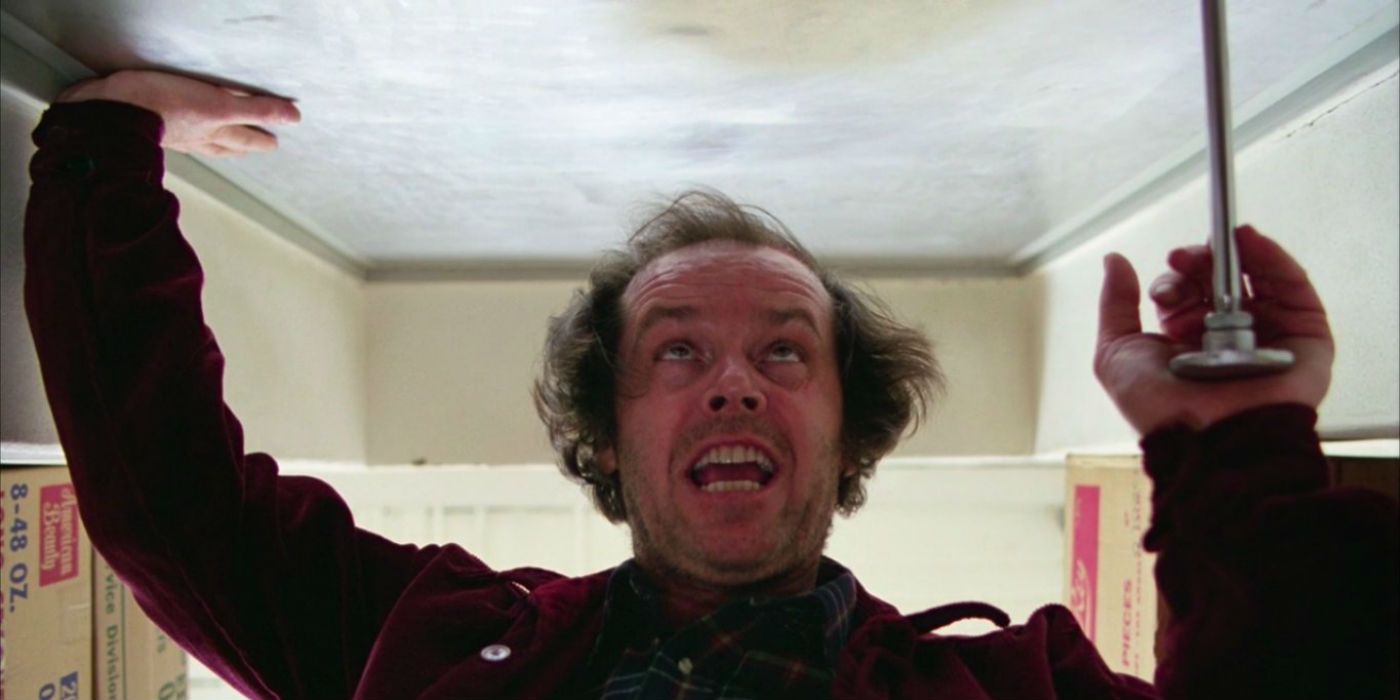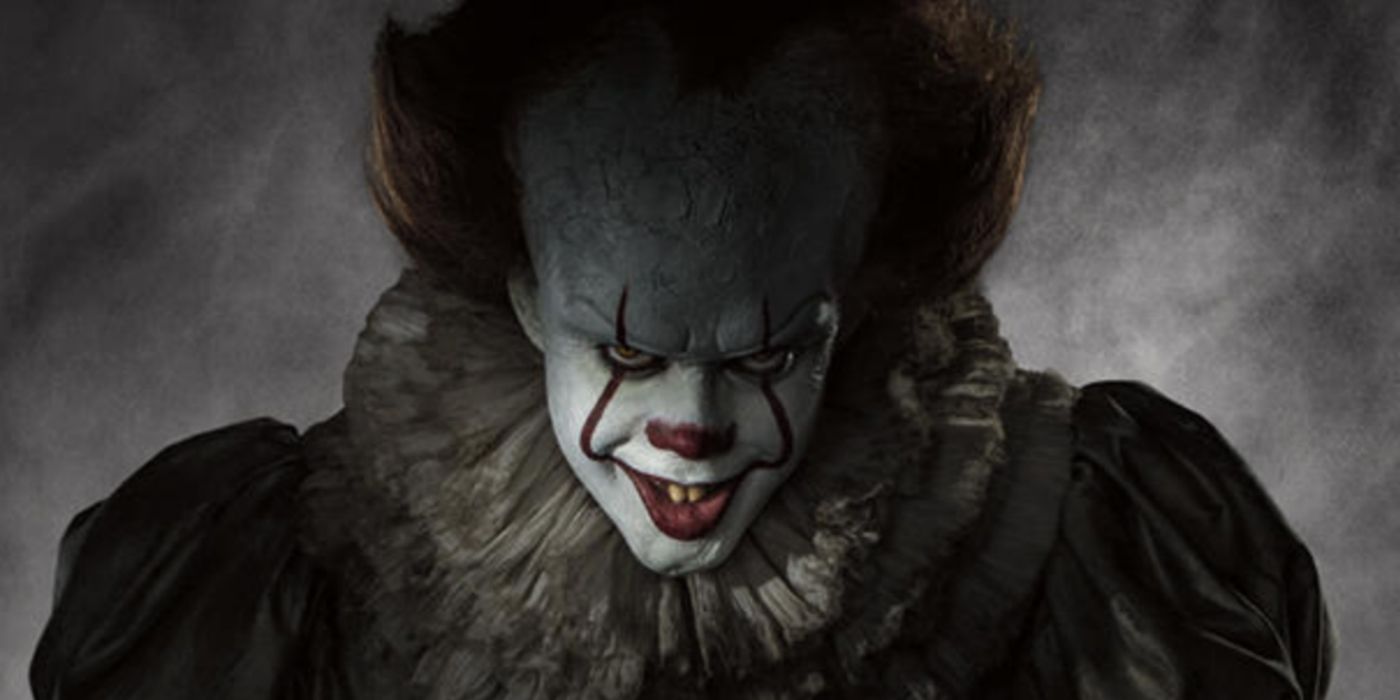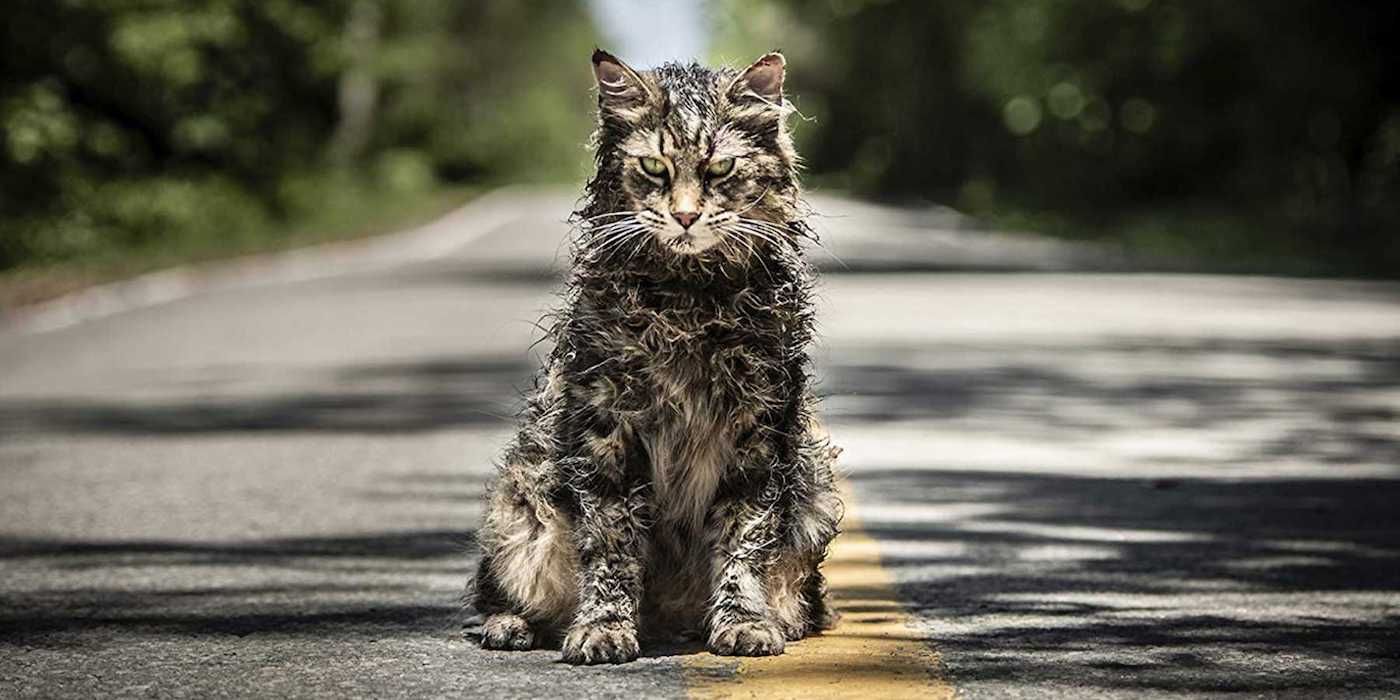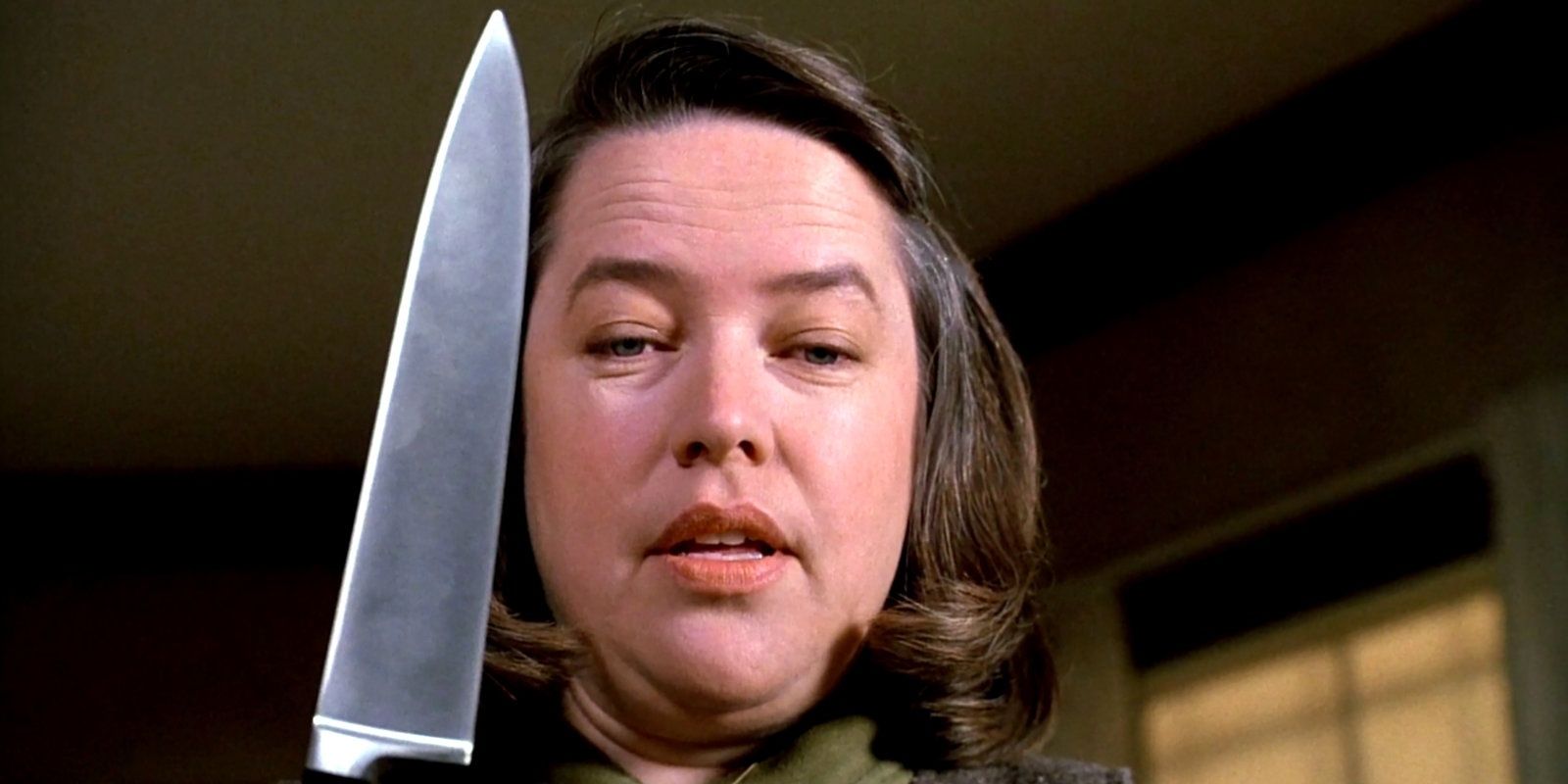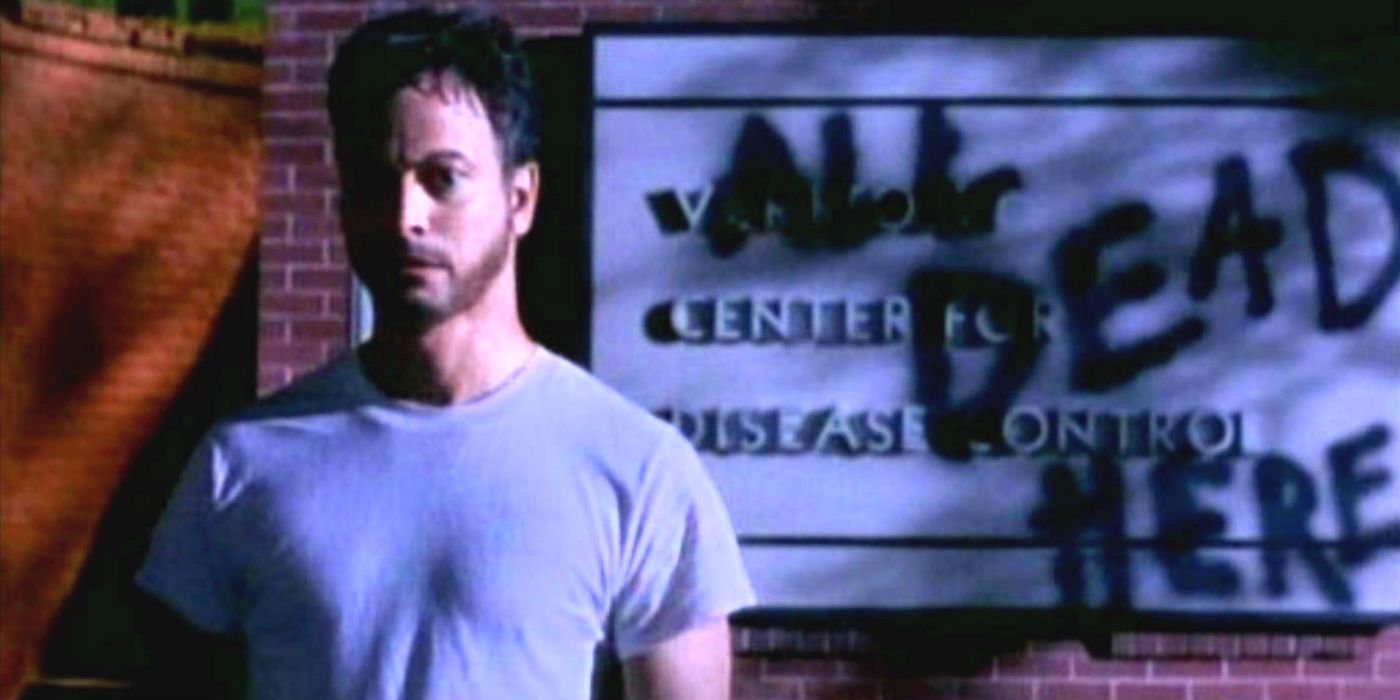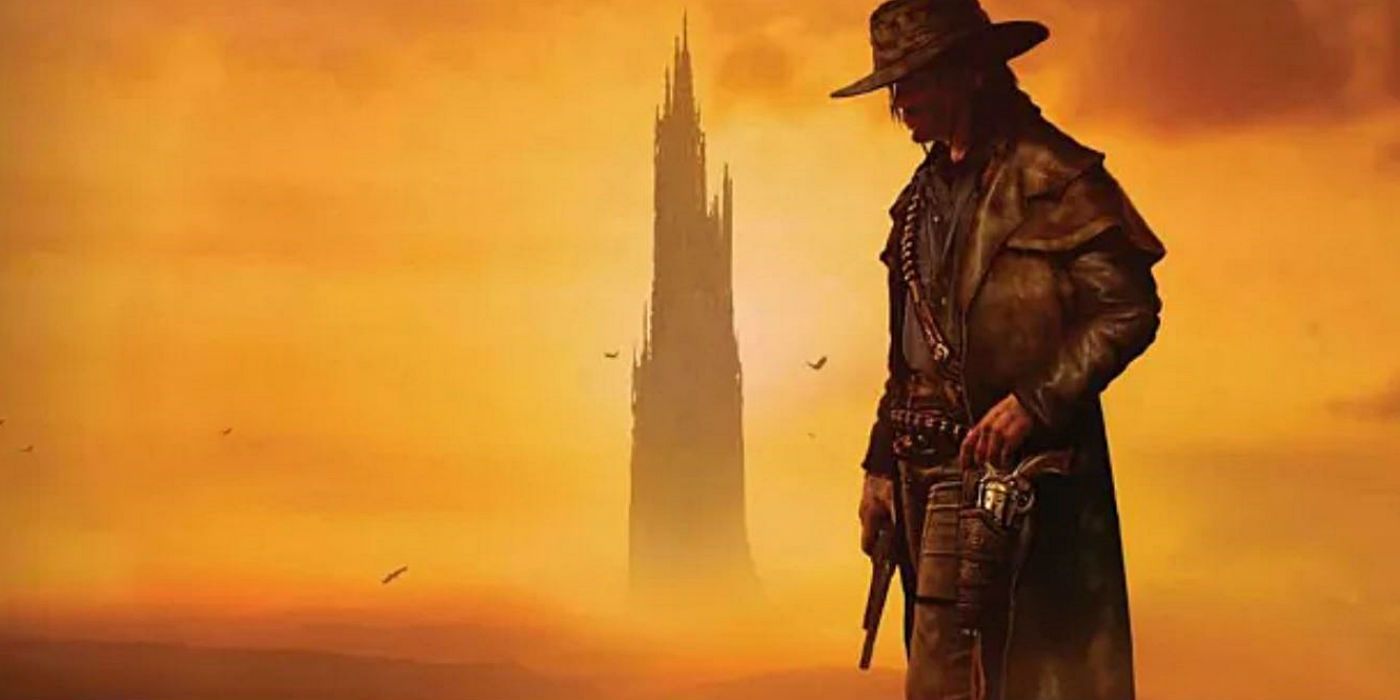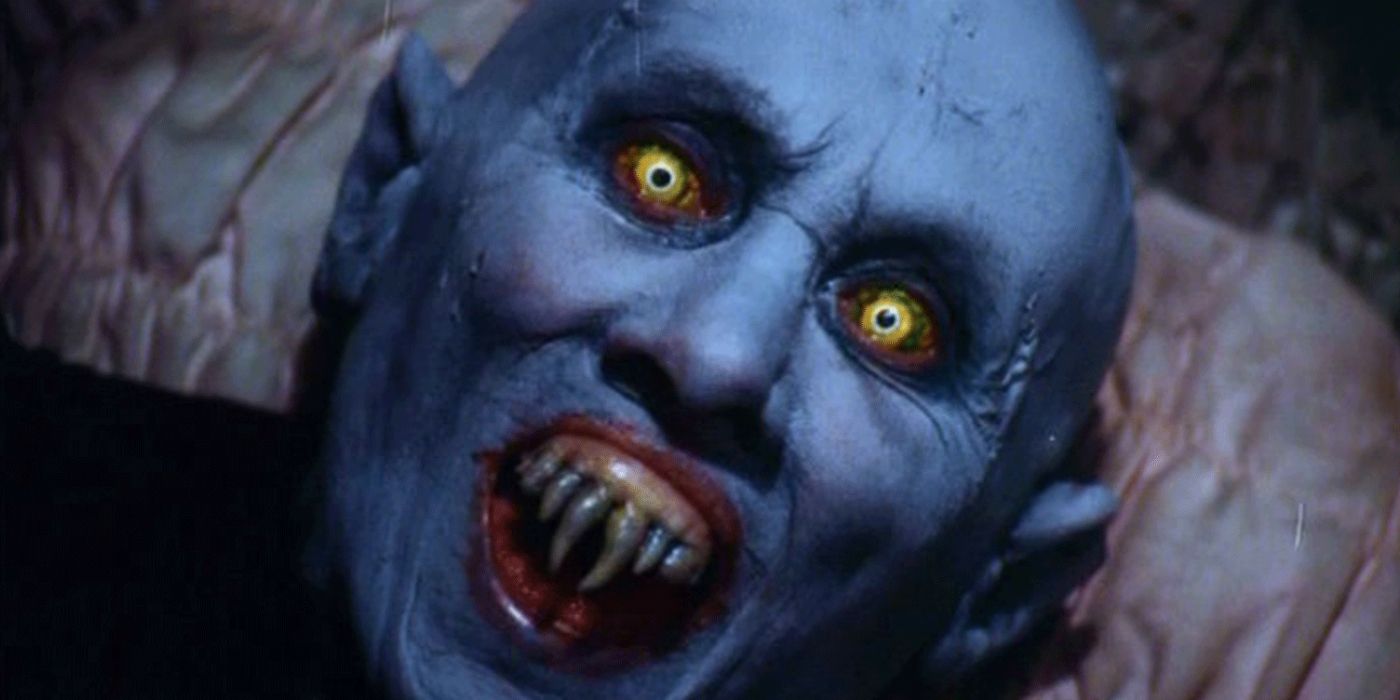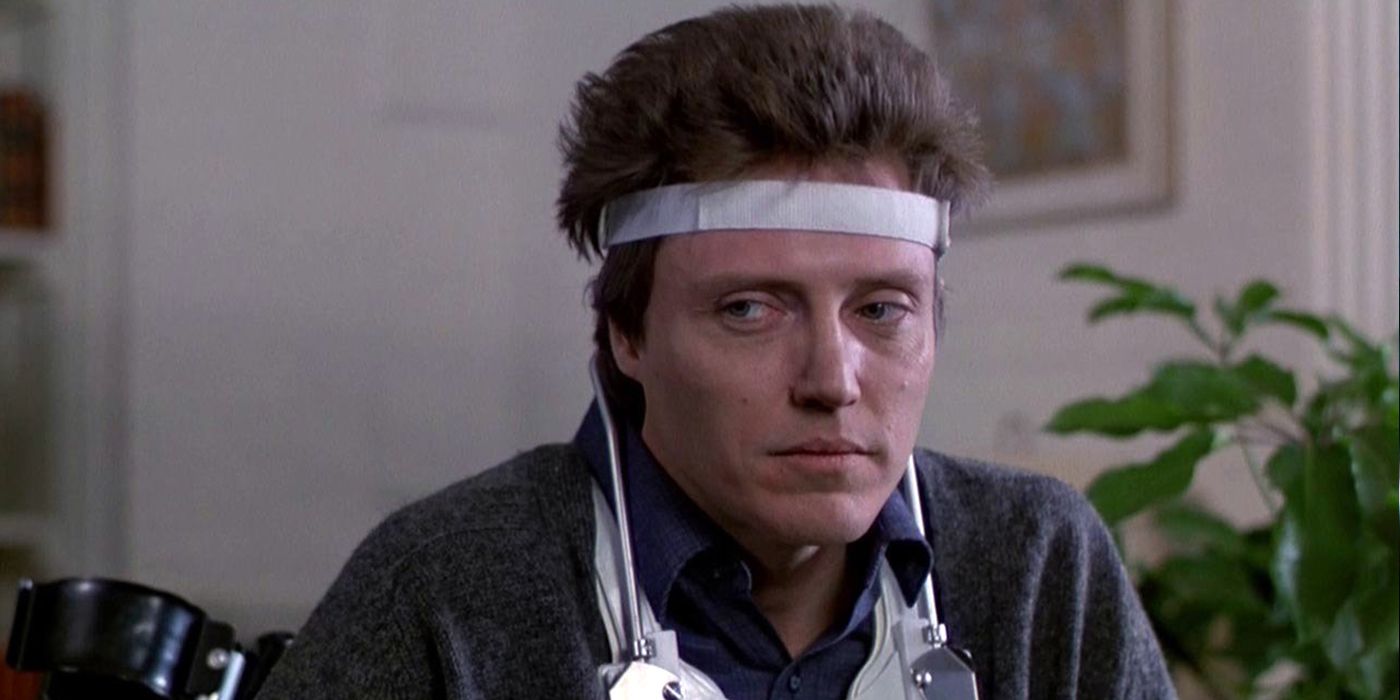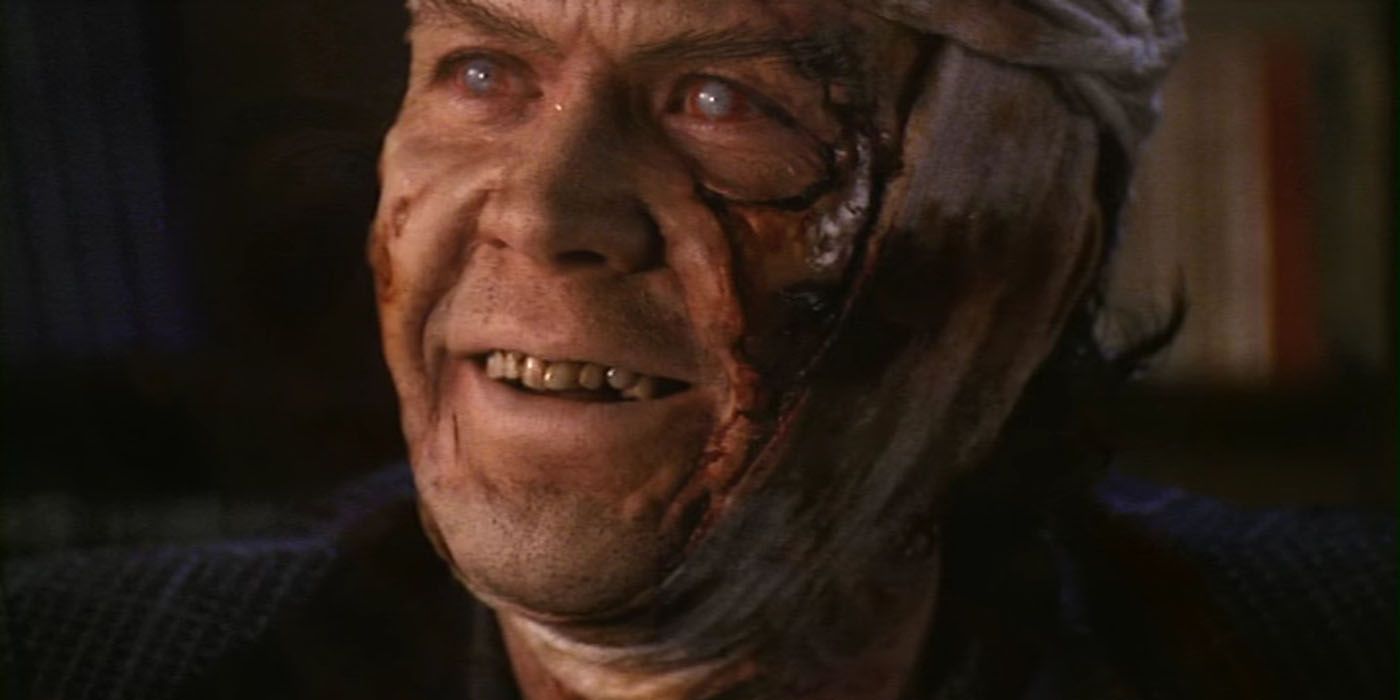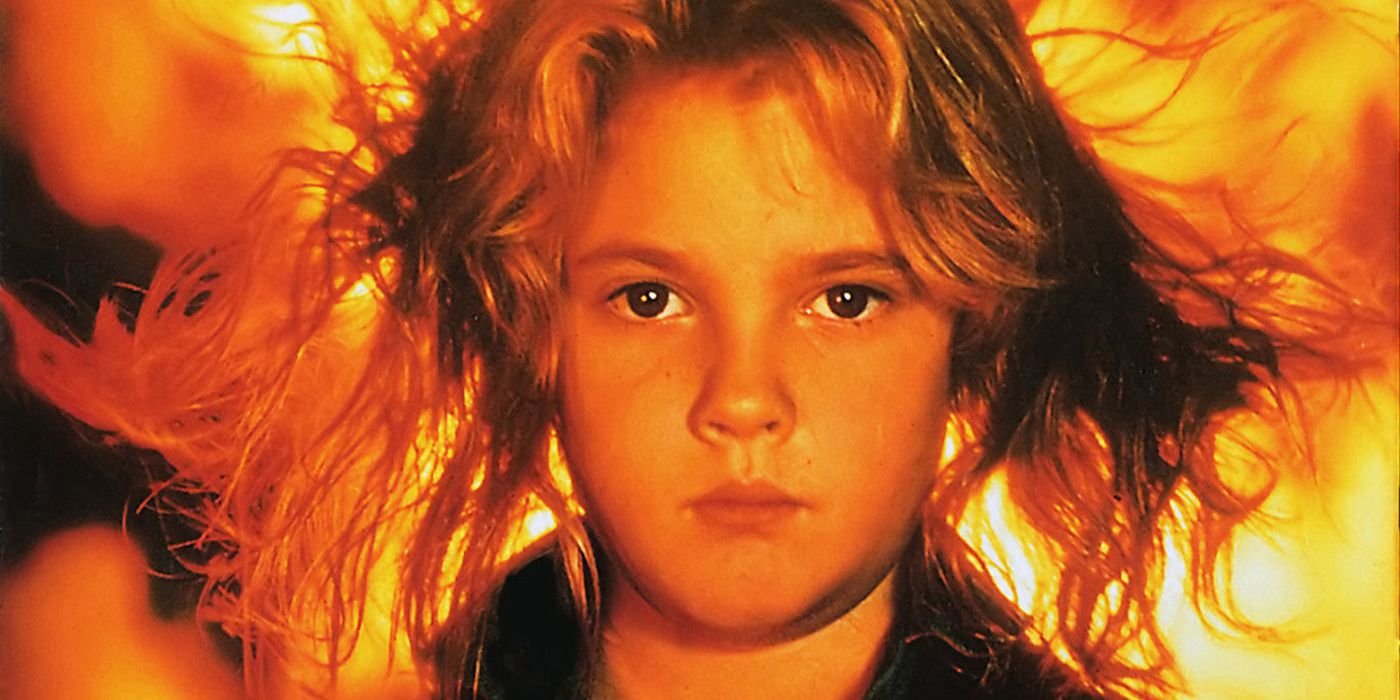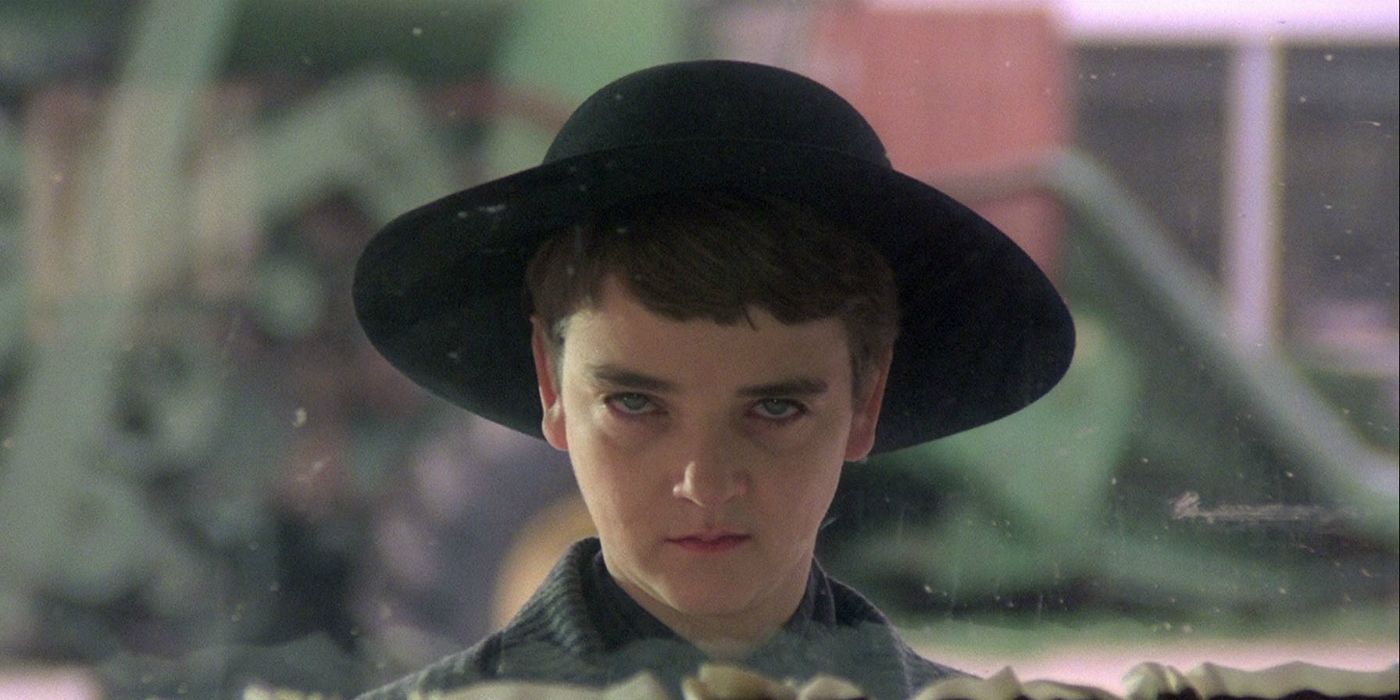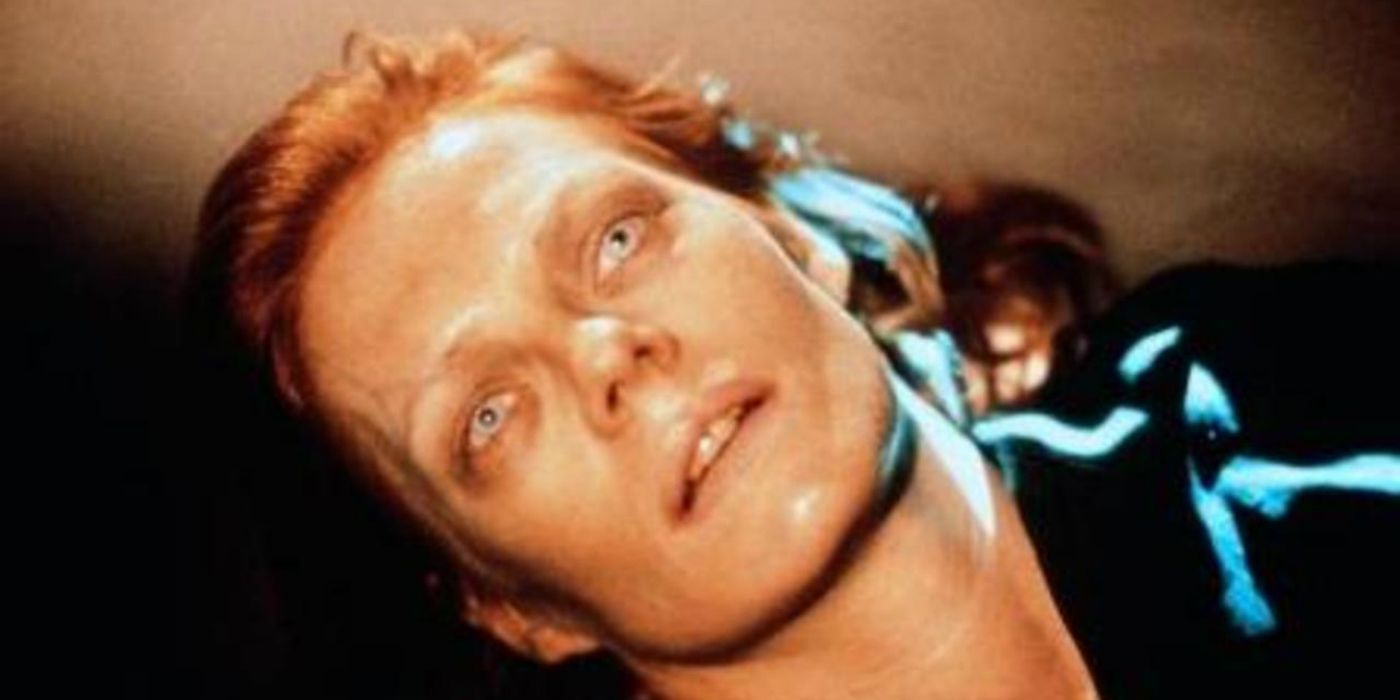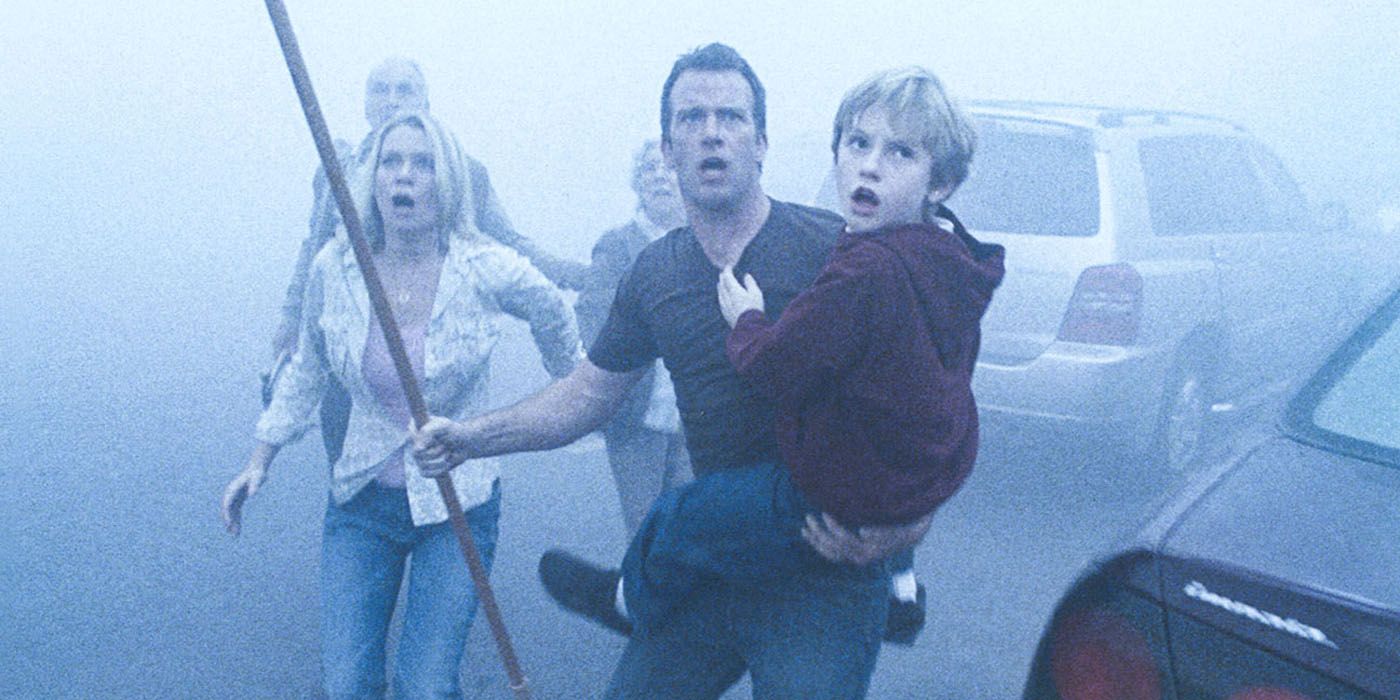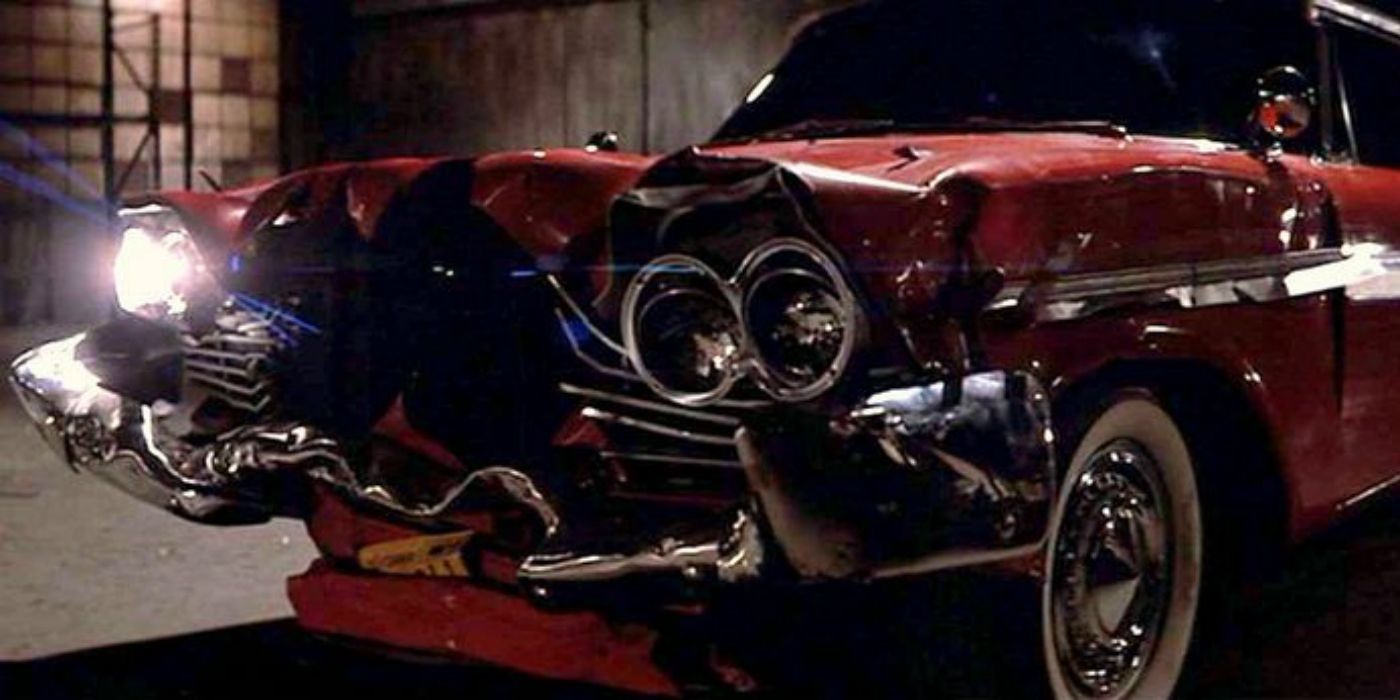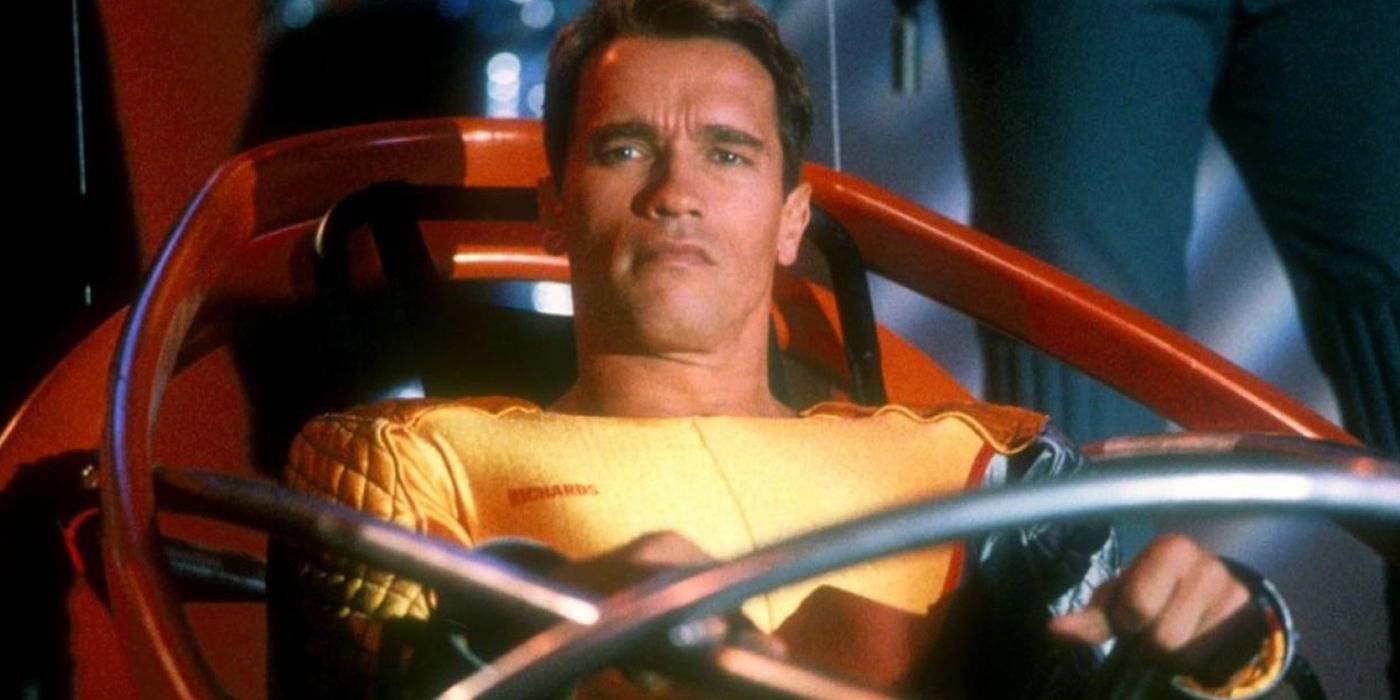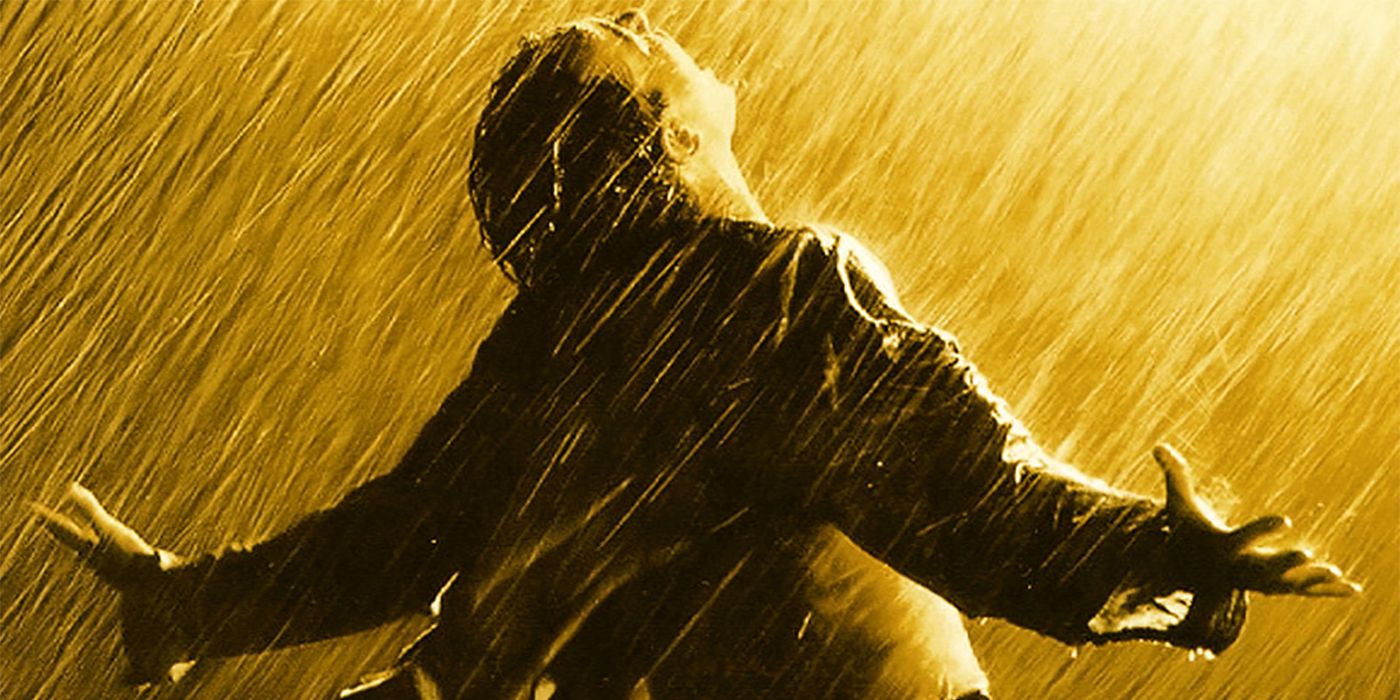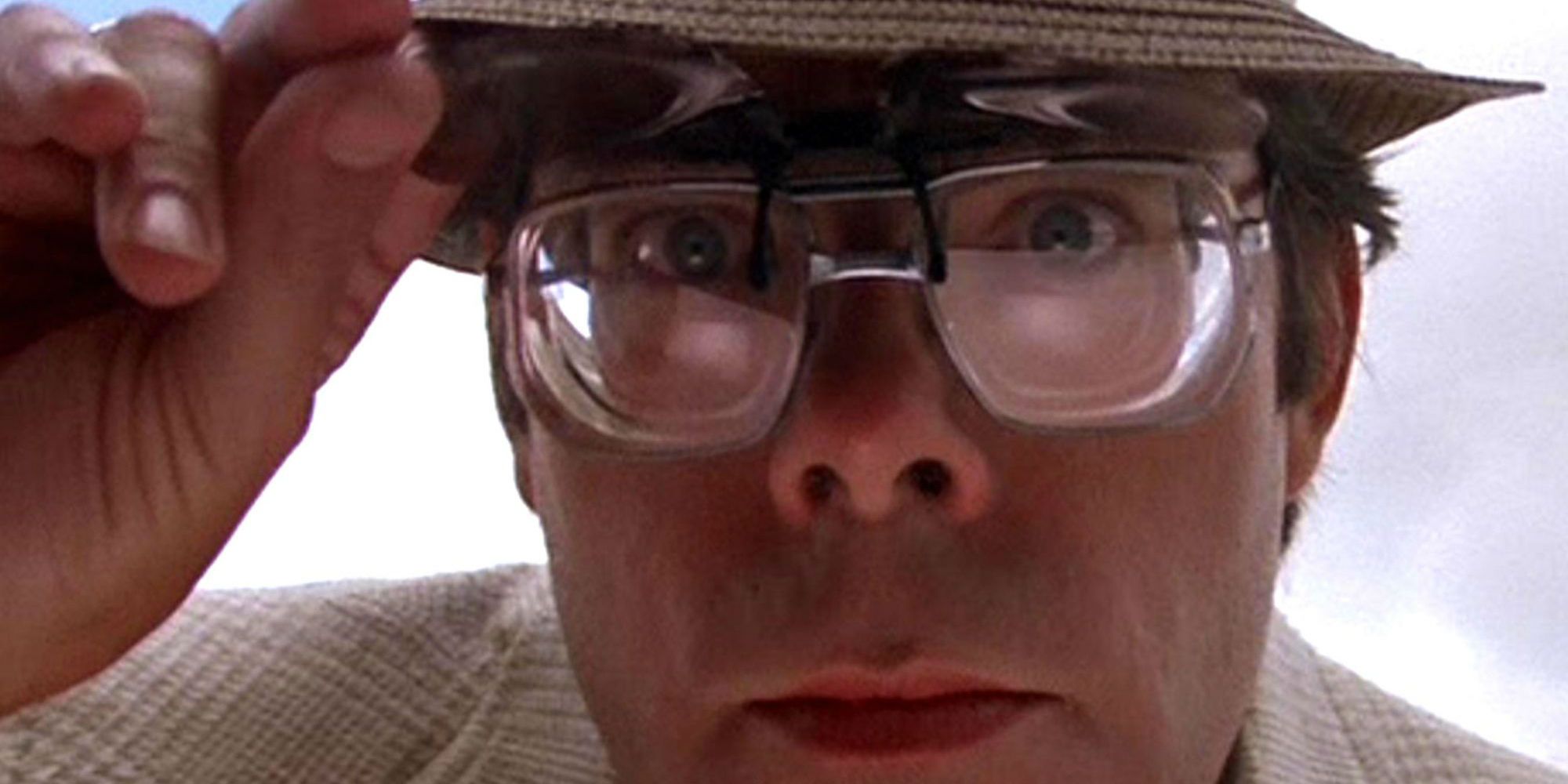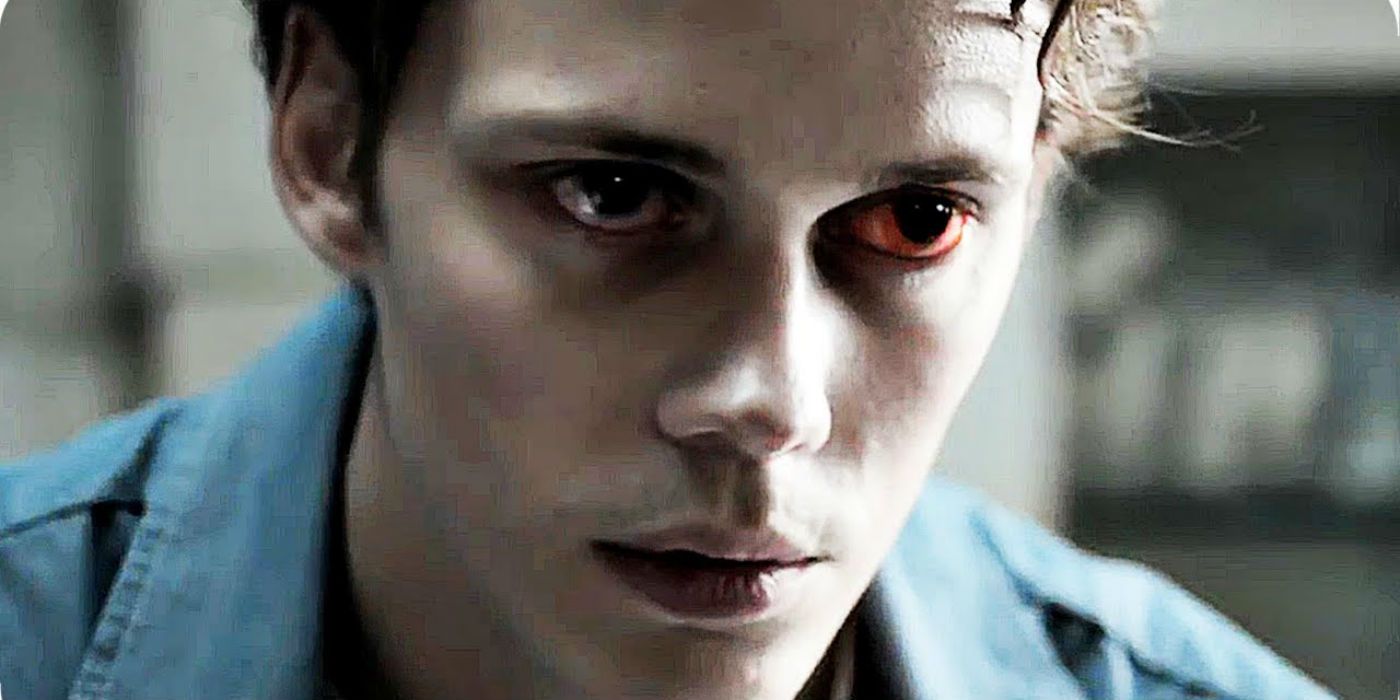Perhaps no author has had the privilege of enjoying as many page-to-screen adaptations as horror legend Stephen King. The highly prolific author from Maine is seemingly unstoppable in his immense output throughout nearly five decades, and he's constantly writing fresh material ripe for creatives to bring to life through cinema and television. His works have traveled to movie theaters and television sets so many times that King's style has virtually become its own genre.
A healthy portion of these projects have become cinematic classics in their own right, spawning sequels and remakes to further capitalize on their initial success. Some have been deeply faithful to the source material, while others transformed into completely different beasts. They all, however, relied on ideas set forth by the master of horror himself to breathe terror into their audiences.
So which of Stephen King's works has had the most adaptations? What was it about some of his material that inspired iconic cultural legacies, and why did some of his writing become utterly lost in translation? Let's take a look at the history of King and observe which of his adaptations endured the most powerfully.
Stephen King's Carrie Adaptations
First released in 1974, Carrie is Stephen King's first published novel. It also remains one of his most memorable works, having been adapted into three feature-length films with one sequel and a Broadway musical that inspired an episode of the television show Riverdale. The 1976 Brian De Palma film is widely considered a classic, earning a reputation for being one of the finest Stephen King adaptations ever made and overcoming the bias against horror movies at the Academy Awards to garner two nominations for Sissy Spacek's deeply sympathetic lead performance and Piper Laurie's terrifyingly maniacal zealot.
The infamous prom scene has become one of the most recognizable moments in horror history, but this sheer exemplariness means that none of the other Carrie adaptations have even come close to the same level of success. Carrie: The Musical was derided as one of Broadway's biggest bombs, and The Rage: Carrie 2 was perhaps one of the most unnecessary sequels ever created, even in the modern age of Hollywood franchises and remakes. Still, Carrie is a formidable contender for being King's most enduring piece of work.
Stephen King's The Shining Adaptations
Stanley Kubrick's The Shining, although considered one of the greatest horror films ever made, has garnered the ire of Stephen King for its unfaithful depiction of its characters compared to their roles in the novel. Perhaps it's because The Shining was one of King's most personal works, exploring his own alcoholism and feelings towards his children. In order to amend what he believed to be the film's faults, King himself wrote a television miniseries that aired in 1997.
However, it's the recent and critically well-received sequel to The Shining, the 2019 film, Doctor Sleep, that most satisfyingly captures King's original intentions behind the original novel. Mike Flanagan's horror-fantasy had the difficult task of taking into account both Kubrick's film and King's own Doctor Sleep novel since the plot events are different. However, unlike Carrie 2, Doctor Sleep was lauded for expanding upon the initial themes of both sources as well as forming its own original ideas.
Stephen King's It Adaptations
It stands out in recent memory as one of the most financially successful horror films due to its instantly recognizable face of horror icon Pennywise the clown. The 1990 two-part miniseries that featured a gravel-voiced Tim Curry in the villainous role provided copious coulrophobic nightmares to kids who grew up in the decade. But it wasn't until Andy Muschietti's big-budget studio foray that Pennywise graced the big screen. These are the two most well-known adaptations of King's gigantically sized novel, however there is also an Indian television show which adapted the tale called Woh, featuring Academy Award-nominated director Ashutosh Gowarikar as the leader of this version's Losers Club.
Stephen King's Pet Sematary Adaptations
Stephen King's cautionary tale on longing to bring back deceased loved ones, Pet Sematary, is fairly popular within the world of horror. The first film adaptation, released in 1989 and directed by Mary Lambert, met commercial success, but hasn't aged as well as other King adaptations. An unfavorably reviewed sequel in 1992 is much more forgotten, but the original movie earned enough attention to green-light a newer version of the story, which was released in 2019 and was met with mixed reception.
Stephen King's Misery Adaptations
Kathy Bates' performance as the psychotically obsessive Annie Wilkes in Rob Reiner's 1990 film will forever be immortalized as the only time that a Stephen King adaptation won an Academy Award. Besides that, Misery hasn't received the same level of revisits to the source material as other projects on this list, perhaps thankfully to its fans, besides for the occasional stage production. The second season of Stephen King universe show Castle Rock, however, does feature an interpretation of Wilkes played by Lizzy Caplan.
Stephen King's The Stand Adaptations
One of King's most beloved and well-known novels, The Stand, has strangely not gotten the same on-screen attention as his other works. The myriad plotlines and character arcs in the author's post-apocalyptic epic probably makes it more suited to the long-form style of television storytelling. The tightly budgeted 1994 miniseries was praised for its technical achievements, but another televised version of the novel will premiere on CBS All Access some time in the unannounced future.
Stephen King's The Dark Tower Adaptations
Speaking of beloved works by King, The Dark Tower remains one of the most perplexing legacies of the author's career. The epic series is one of his most popular books, considered by many to be his magnum opus. The Dark Tower books have had spin-offs in the form of short stories and comic books, but the 2017 adaptation opened to a disappointing box office performance and dismal reviews. Amazon bought the rights to a television series, but doubled back on distribution. Production company MRC is currently shopping the scripts around.
Stephen King's Salem's Lot Adaptations
One of King's earliest works, the 1975 novel about small-town vampires, Salem's Lot, was adapted into two miniseries but never a full-fledged feature film. That is, until, it was recently announced that James Wan was producing a theatrical version of the novel directed by The Conjuring Universe alum Gary Dauberman. Both miniseries received Emmy nominations, and the first had a follow-up series directed by Larry Cohen called Return to Salem's Lot, but the story hasn't endured as seamlessly as other works.
Stephen King's The Dead Zone Adaptations
The 1983 film adaptation of King's more dramatic novel about a man with psychic powers had the pleasure of being directed by horror master David Cronenberg. Starring Christopher Walken, the movie was met with enough critical praise to warrant a television miniseries in 2002, this time with Anthony Michael Hall in the lead role. Unfortunately for the show, low ratings combined with a high production budget led to a premature cancellation, and The Dead Zone became a more obscure Stephen King title.
Stephen King's The Dark Half Adaptations
George A. Romero, yet another horror icon, directed an adaptation of King's novel, The Dark Half, about a murderous doppelgänger, but was met with tepid reviews and box office returns. However, MGM recently announced that director Alex Ross Perry would be taking another chance with the property in a new film. For those who want to explore the world of Stephen King to the fullest extent, there does exist a DOS (Disk Operating System) adventure game adaptation of Romero's movie.
Stephen King's Firestarter Adaptations
The 1984 screen adaptation of Firestarter is mostly famous for furthering the career of then-child actress Drew Barrymore in her first leading role. Barrymore's appearance on Saturday Night Live in 2007 that returned to her character was more of a sequel than the 2002 miniseries Firestarter: Rekindled. Currently, Blumhouse is working on producing a remake of the film.
Stephen King's Children of the Corn Adaptations
"Children of the Corn" is King's most adapted short story by far. The tale has a large enough franchise to warrant its own section, with the original 1984 movie gaining enough of a cult following to lead to nine more installments in the series, none of which were based on any other material besides the original story. The 2009 television movie was a remake, but all of the other films have followed different plots and expanded on the world of the children.
Stephen King's The Tommyknockers Adaptations
One of Stephen King's worst-reviewed novels, The Tommyknockers, still has a decent amount of studio attention towards its potential. The 1993 miniseries was as malinged as the book was, but modern horror maestro James Wan is set to produce a feature film. Hopefully, the production fares better than the series NBC announced back in 2013, which never arrived.
Stephen King's The Mist Adaptations
The Lovecraftian novella about invading interdimensional creatures inspired multiple stories along the same line, from Half-Life to Silent Hill. As far as concrete adaptations go, though, the story has received a modestly successful film adaptation in 2007, which is known for its extreme downer of an ending that differs significantly from the original story. There was also a television series on Spike in 2017 that was cancelled after only one season.
Stephen King's Christine Adaptations
John Carpenter's weird, almost satirical cult classic, Christine, about a killer car with jealousy issues is known for turning an otherwise ridiculous idea into a fun high school romp. The book hasn't ever been adapted since then, but more recent audiences might be more familiar with the Futurama episode "The Honking," in which loud-mouthed robot Bender transforms into a "were-car." The parody was a refreshing revisit to classic horror material in the same vein as The Simpsons' Treehouse of Horror.
Stephen King's The Bachman Books
The 1987 Arnold Schwarzenegger cult classic The Running Man was loosely based on the novel that King wrote under the pseudonym Richard Bachman. Directors like George Romero and Frank Darabont have been approached to direct The Long Walk, which follows a similar plot set in a dystopian society where people participate in an inhumane contest. However, none of these attempts panned out, and Andre Ovredal is currently set to direct a proper adaptation from New Line Cinema. Thinner was also turned into a film in 1996, which became mostly known for its strange curse scene.
Other Stephen King Novel Adaptations
The sheer number of Stephen King adaptations makes mentioning them all difficult. The ones listed here are the most notable because of their legacy and because they have received multiple adaptations of some sort. Other, less known King adaptations include Cujo (1983), which may soon have a remake coming with the odd retitling to the acronym C.U.J.O. King's graphic novel Cycle of the Werewolf was adapted into Silver Bullet, which became a minor cult classic. Needful Things (1993) opened to negative reviews and never received another version besides for a reference on Rick & Morty.
Kathy Bates has stated that her performance in Dolores Claiborne (1995) is her favorite performance she has ever done, but the story has only traveled to the stage after that. Dreamcatcher (2003) is a notoriously bad movie that will probably have trouble getting a second chance because of its negative reception. Netflix has proven to be a significant platform for Stephen King content, with its adaptations of Gerald's Game (2017) and 1922 (2017) both receiving positive attention. There are also non-horror classics The Shawshank Redemption (1994), The Green Mile (1999), and Stand By Me (1986), which was an adaptation of the novella The Body.
Stephen King's Short Story Adaptations
King also has a massive list of short stories, many of which have found their way to the big screen in some way. Creepshow (1982), Creepshow 2 (1987), and Shudder's ongoing Creepshow series all have adaptations of short stories, as does the anthology film Cat's Eye (1985). Stephen King infamously opened a lawsuit to have his name removed from the credits of The Lawnmower Man (1992) due to it having almost no relation to the original story. Its sequel, Lawnmower Man 2: Beyond Cyberspace (1996) can be seen on lists of the worst movies ever made. Perhaps the most notorious of all of King's short story adaptations is Maximum Overdrive (1986), his first and only time behind the director's chair. The movie has since joined the halls of movies considered "so bad they're good."
Ongoing Stephen King Works
Television is perhaps the most thriving type of media for Stephen King content in the current times. HBO's The Outsider recently premiered to positive reviews, while Hulu's Castle Rock is as much of a love letter to the works of Stephen King as anything will ever be, creating a whole universe out of the author's work. Mr. Mercedes is an ongoing series on Audience, following in the steps of the Hulu miniseries 11.22.63 and the CBS show Under the Dome. Creepshow is also continuing to pick up a following. As long as Stephen King continues to write stories, there will be no end to material ripe to adapt or even reprise with different directors' interpretations.


